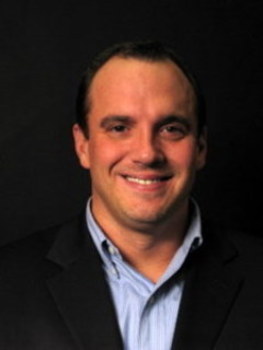Question
It seems that often I can create such a pleasant environment during my client’s speech session that his/her fluency improves. However, it is hard to generalize into “less-kind” speaking settings. Any suggestions?
Answer
This is going to be different for each age range. You have preschoolers who have a very happy, friendly environment in the speech sessions. You are involved, parents are involved, and it is very play based. But the more direct you get with your therapeutic tasks with school-age children and adults, the speaking situations get more difficult. The fun and exciting aspect of therapy often times fades away. It is hard to generalize into “less-kind” speaking settings, such as older children who are working on classroom presentations or adults who are working on job interviews or phone calls. The way I have done it typically with school-age children and older is to focus on the systematic desensitization. You focus on a hierarchy by letting them build skills, abilities and confidence across varying levels of difficulty. We want to gradually increasing length and complexity of utterances in those situational activities. So start at a very basic level. Many times you have to get clients to buy-into the fact that they are practicing talking on the phone with a toy phone and then soon building up to a more complex, less fun situation. Same with classroom presentations, you slowly build the number of participants while trying to focus on confidence and competence at the same time. So again, focus on systematic desensitization.
Brent A. Gregg, Ph.D., CCC-SLP is an Assistant Professor in the Department of Communication Sciences and Disorders at the University of Central Arkansas. He has participated in research activities and clinical training at the Michael Palin Center for Stammering in London, England and has served as a delegate to the Oxford Disfluency Conference, Oxford, England. Dr. Gregg has presented on the epidemiology, assessment, and treatment of fluency disorders across the age span at state and national conventions.

